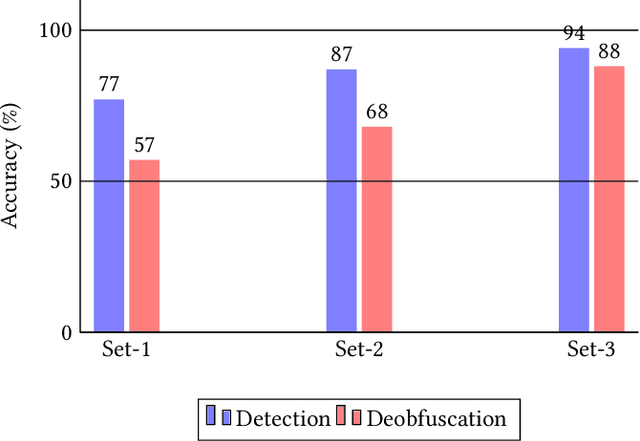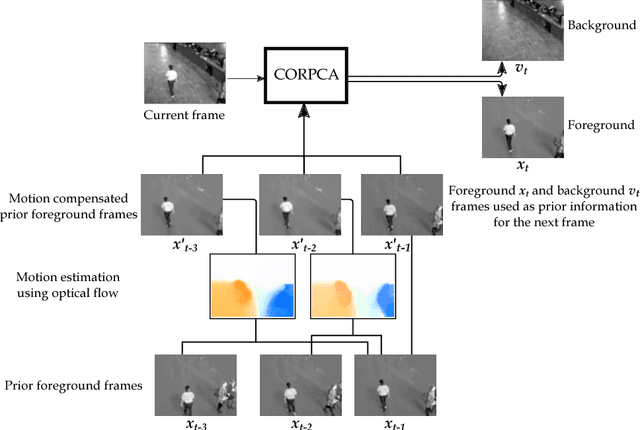Thanh-Ha Le
TL
Reperio-rPPG: Relational Temporal Graph Neural Networks for Periodicity Learning in Remote Physiological Measurement
Nov 08, 2025Abstract:Remote photoplethysmography (rPPG) is an emerging contactless physiological sensing technique that leverages subtle color variations in facial videos to estimate vital signs such as heart rate and respiratory rate. This non-invasive method has gained traction across diverse domains, including telemedicine, affective computing, driver fatigue detection, and health monitoring, owing to its scalability and convenience. Despite significant progress in remote physiological signal measurement, a crucial characteristic - the intrinsic periodicity - has often been underexplored or insufficiently modeled in previous approaches, limiting their ability to capture fine-grained temporal dynamics under real-world conditions. To bridge this gap, we propose Reperio-rPPG, a novel framework that strategically integrates Relational Convolutional Networks with a Graph Transformer to effectively capture the periodic structure inherent in physiological signals. Additionally, recognizing the limited diversity of existing rPPG datasets, we further introduce a tailored CutMix augmentation to enhance the model's generalizability. Extensive experiments conducted on three widely used benchmark datasets - PURE, UBFC-rPPG, and MMPD - demonstrate that Reperio-rPPG not only achieves state-of-the-art performance but also exhibits remarkable robustness under various motion (e.g., stationary, rotation, talking, walking) and illumination conditions (e.g., nature, low LED, high LED). The code is publicly available at https://github.com/deconasser/Reperio-rPPG.
Defeating Opaque Predicates Statically through Machine Learning and Binary Analysis
Sep 04, 2019



Abstract:We present a new approach that bridges binary analysis techniques with machine learning classification for the purpose of providing a static and generic evaluation technique for opaque predicates, regardless of their constructions. We use this technique as a static automated deobfuscation tool to remove the opaque predicates introduced by obfuscation mechanisms. According to our experimental results, our models have up to 98% accuracy at detecting and deob-fuscating state-of-the-art opaque predicates patterns. By contrast, the leading edge deobfuscation methods based on symbolic execution show less accuracy mostly due to the SMT solvers constraints and the lack of scalability of dynamic symbolic analyses. Our approach underlines the efficiency of hybrid symbolic analysis and machine learning techniques for a static and generic deobfuscation methodology.
Compressive Online Robust Principal Component Analysis with Optical Flow for Video Foreground-Background Separation
Oct 25, 2017



Abstract:In the context of online Robust Principle Component Analysis (RPCA) for the video foreground-background separation, we propose a compressive online RPCA with optical flow that separates recursively a sequence of frames into sparse (foreground) and low-rank (background) components. Our method considers a small set of measurements taken per data vector (frame), which is different from conventional batch RPCA, processing all the data directly. The proposed method also incorporates multiple prior information, namely previous foreground and background frames, to improve the separation and then updates the prior information for the next frame. Moreover, the foreground prior frames are improved by estimating motions between the previous foreground frames using optical flow and compensating the motions to achieve higher quality foreground prior. The proposed method is applied to online video foreground and background separation from compressive measurements. The visual and quantitative results show that our method outperforms the existing methods.
 Add to Chrome
Add to Chrome Add to Firefox
Add to Firefox Add to Edge
Add to Edge